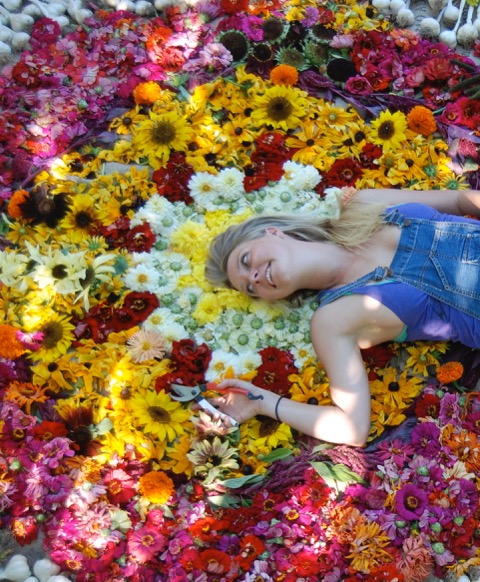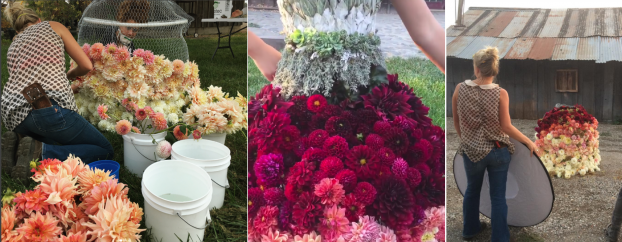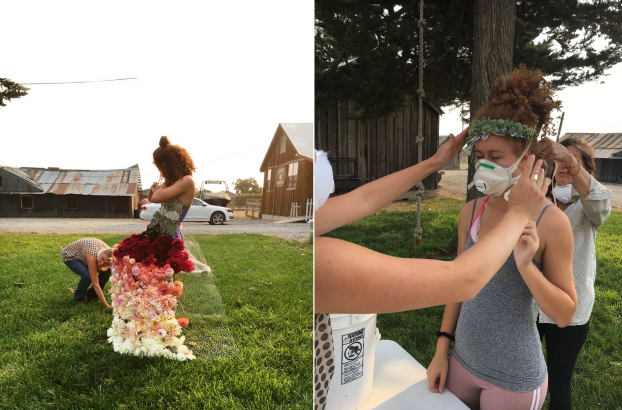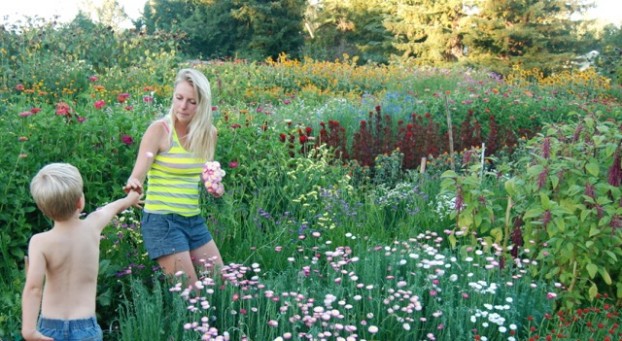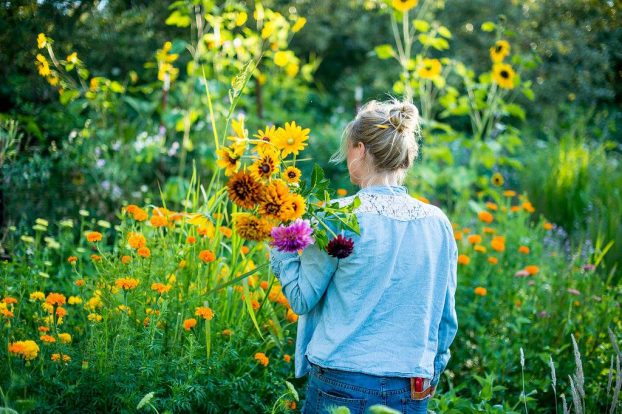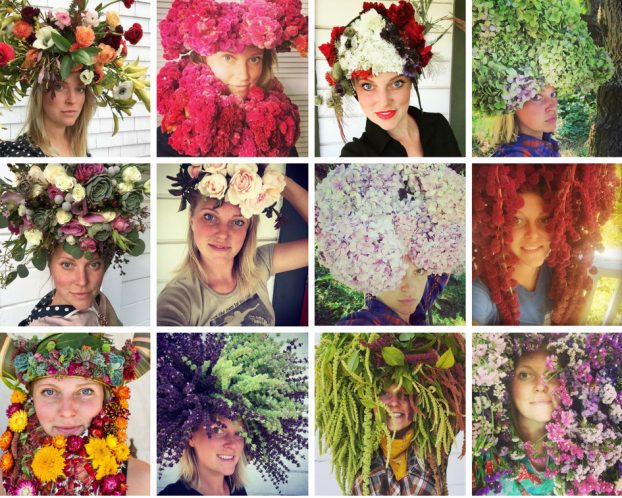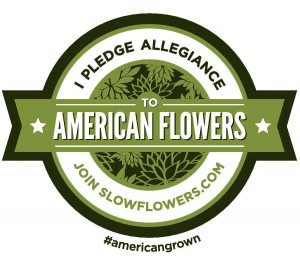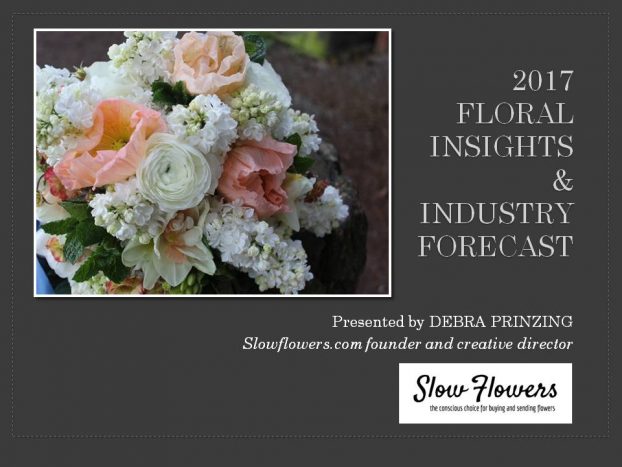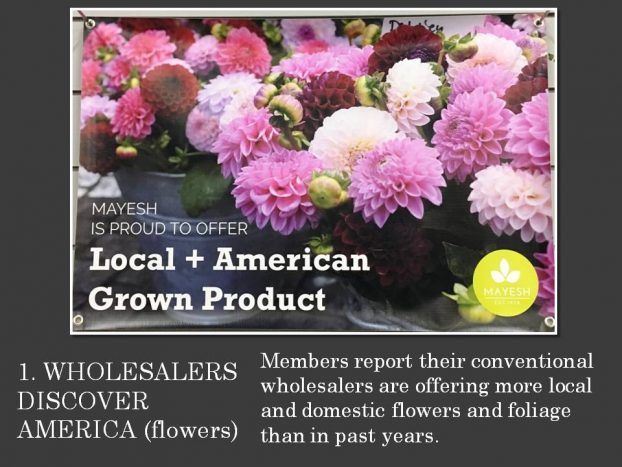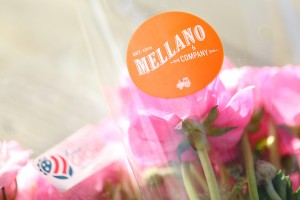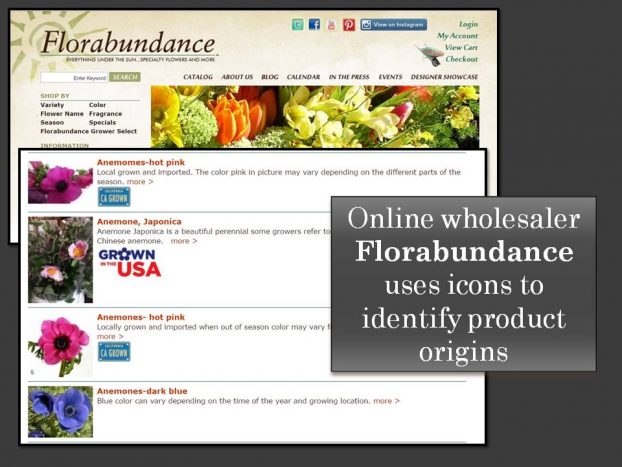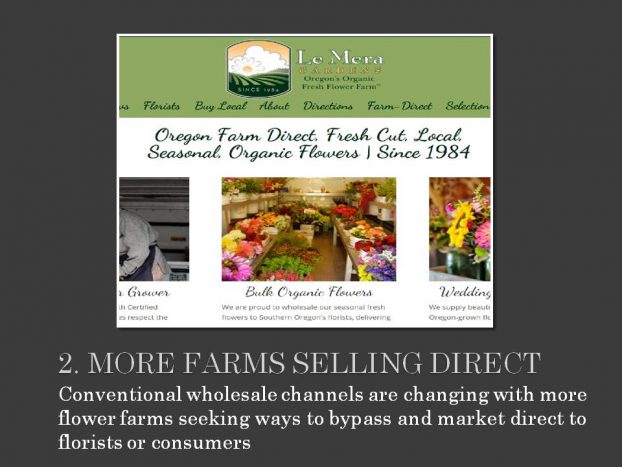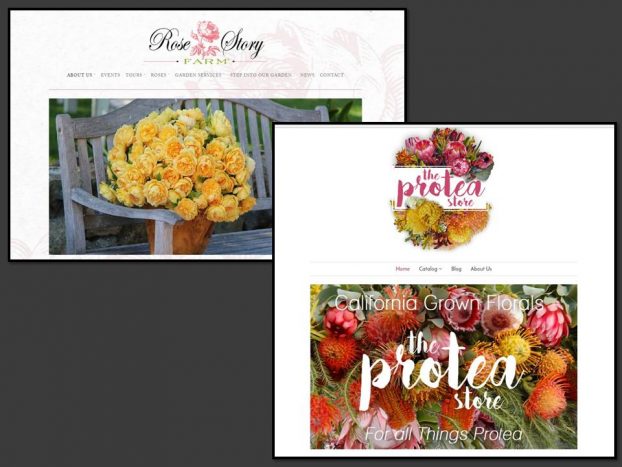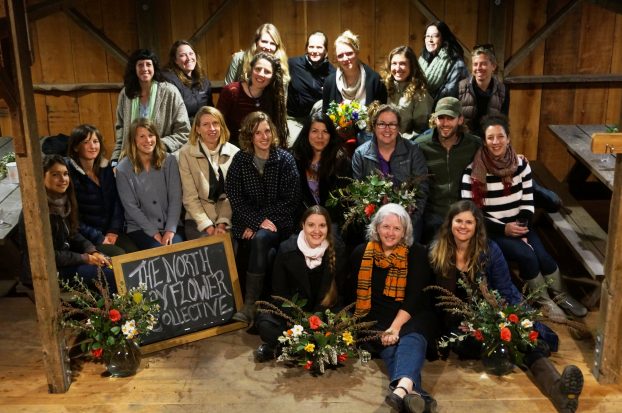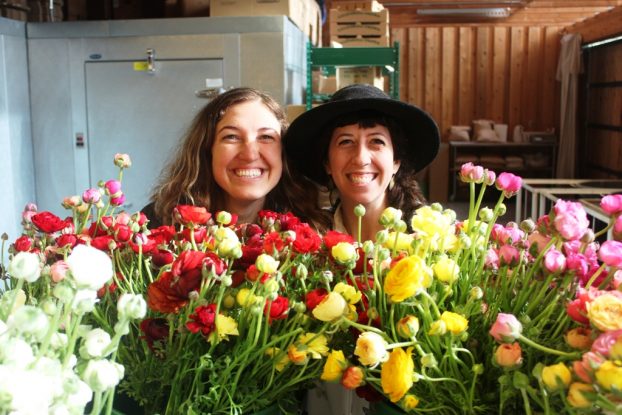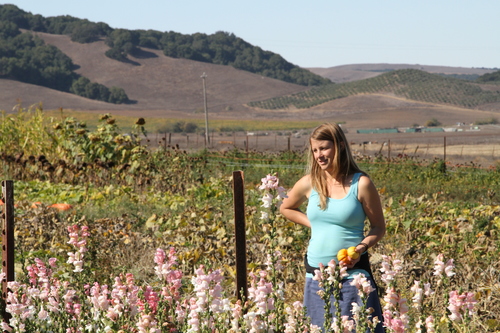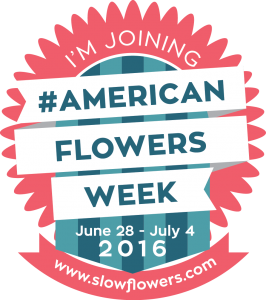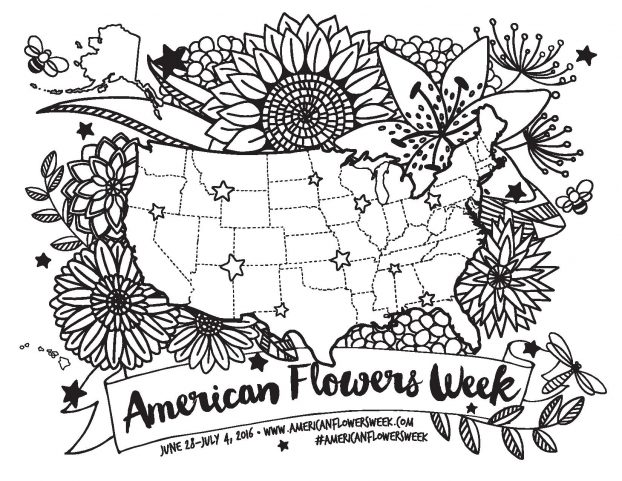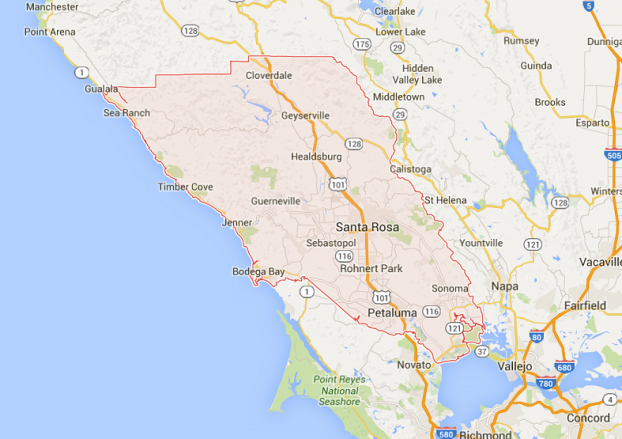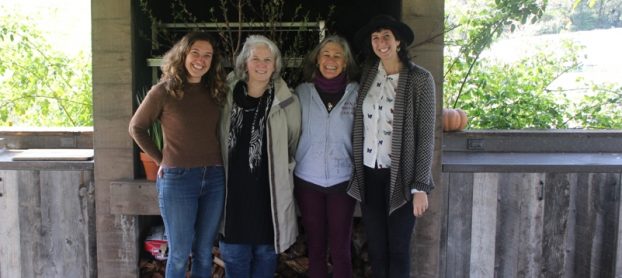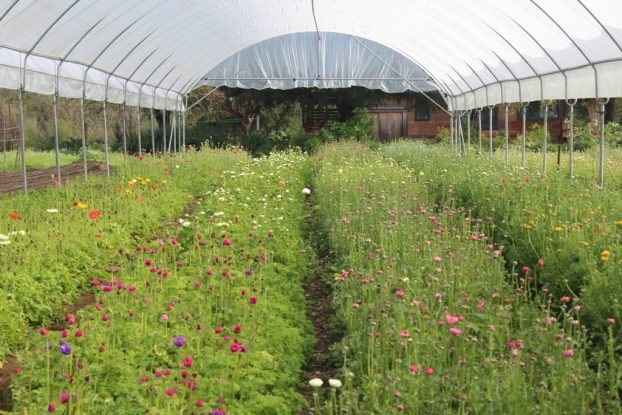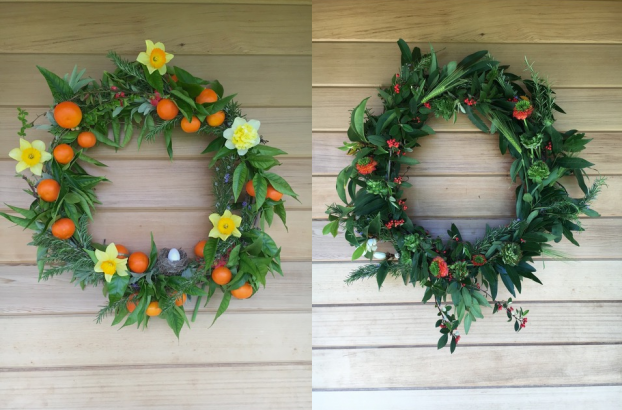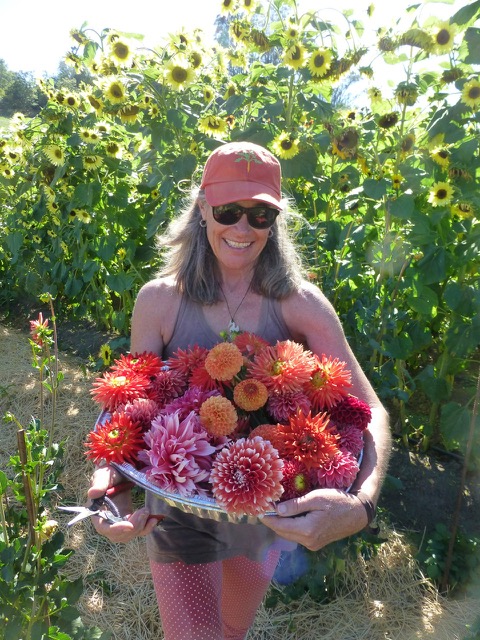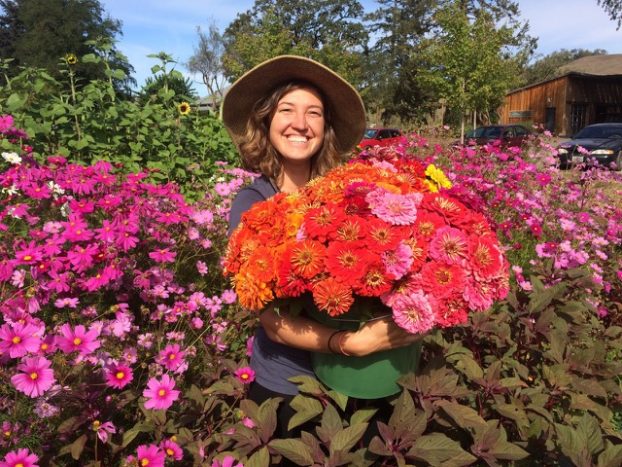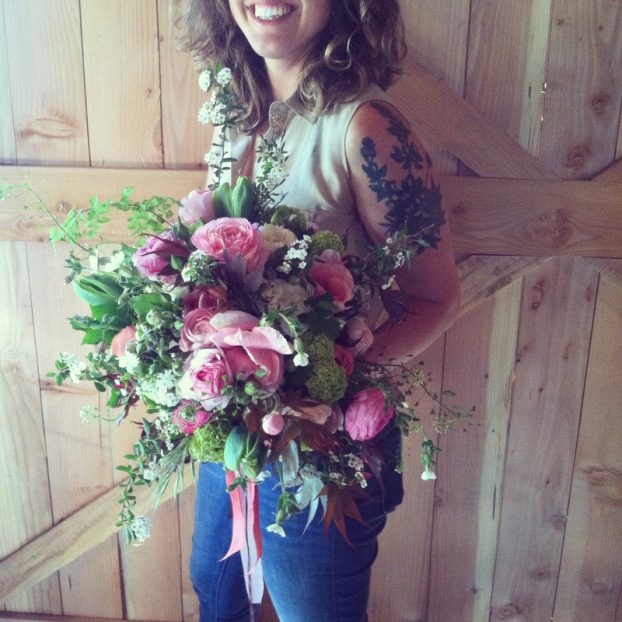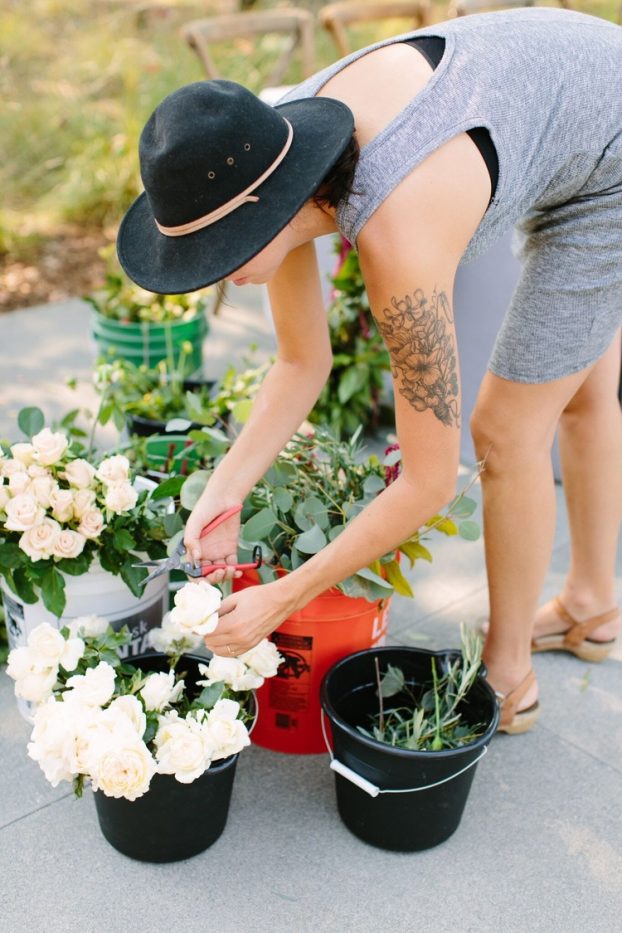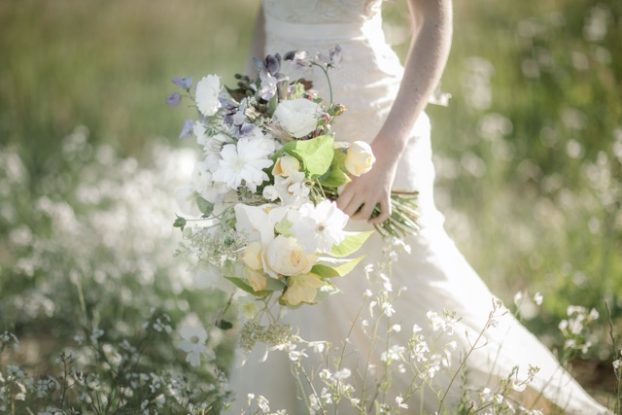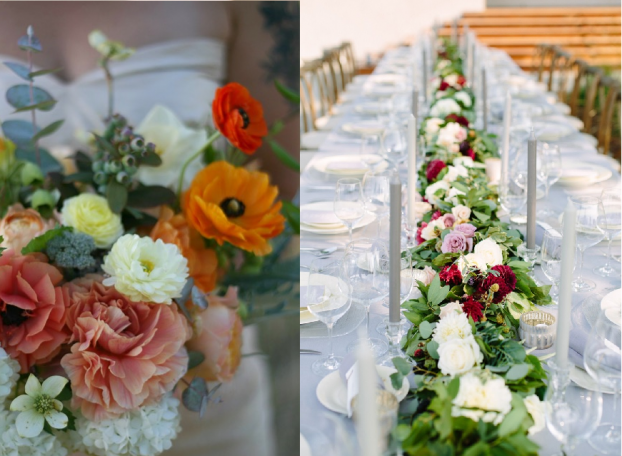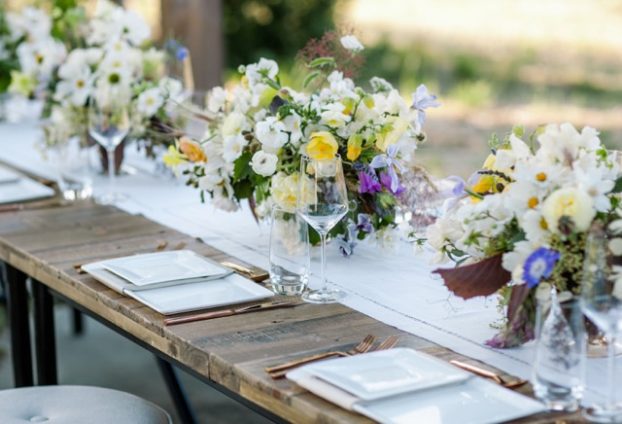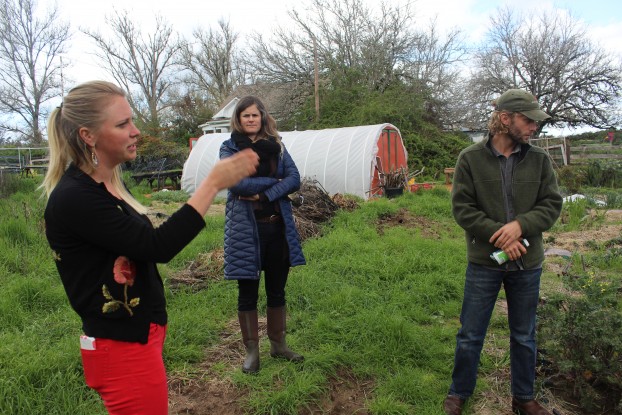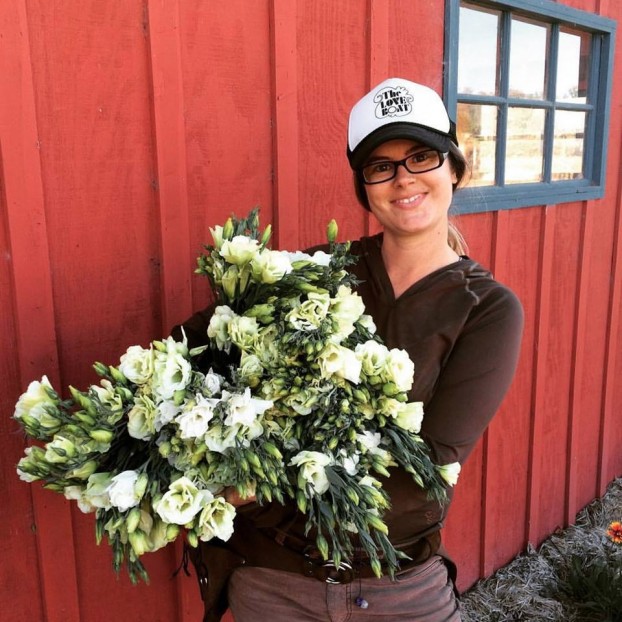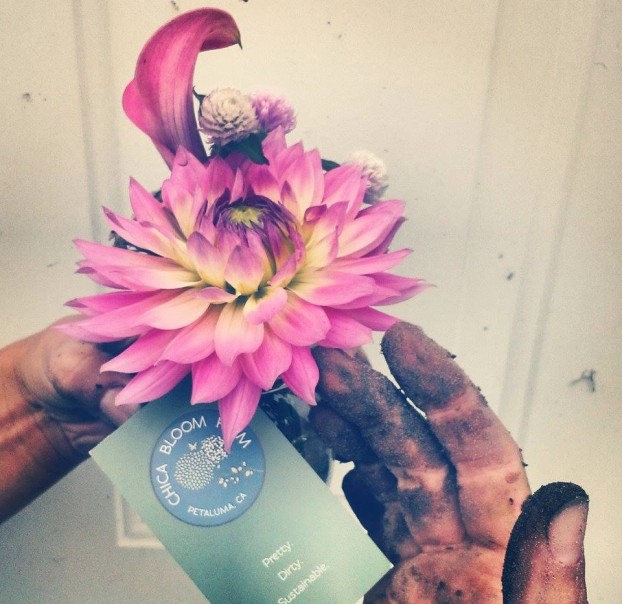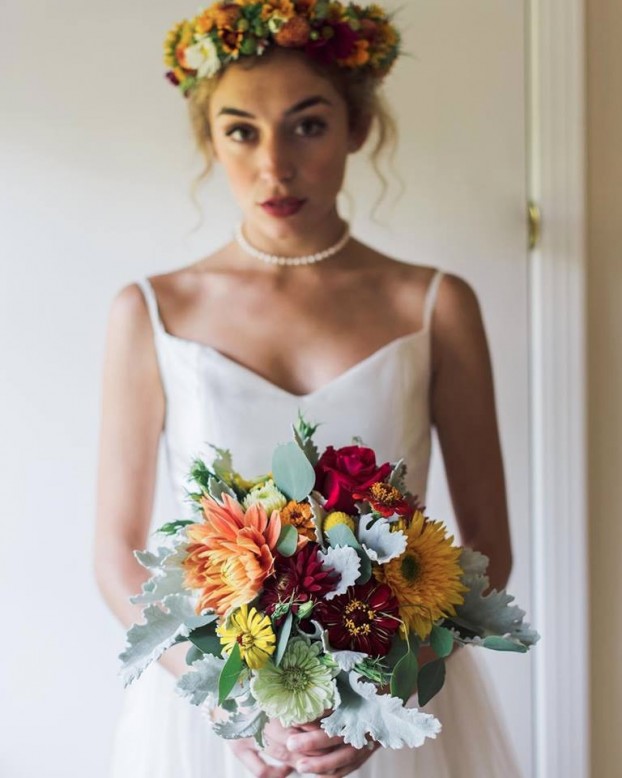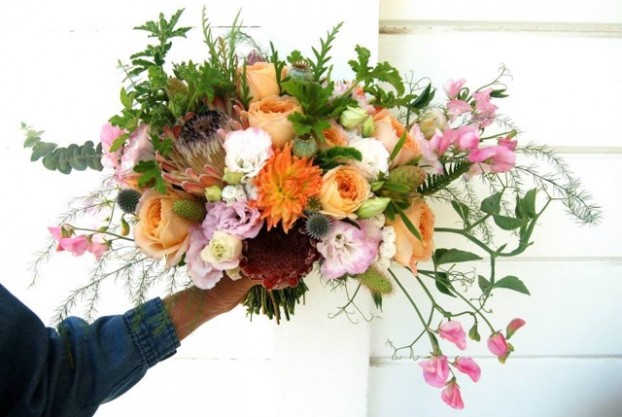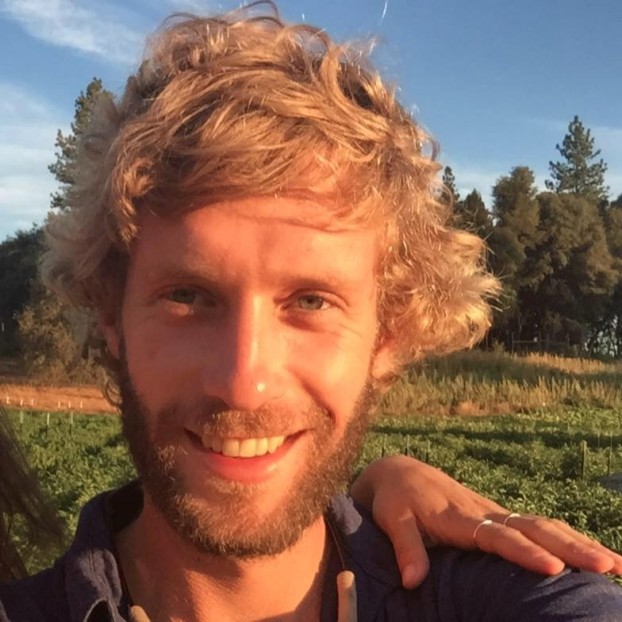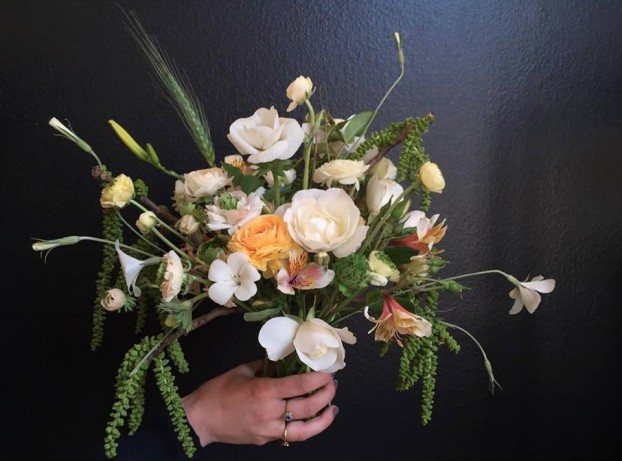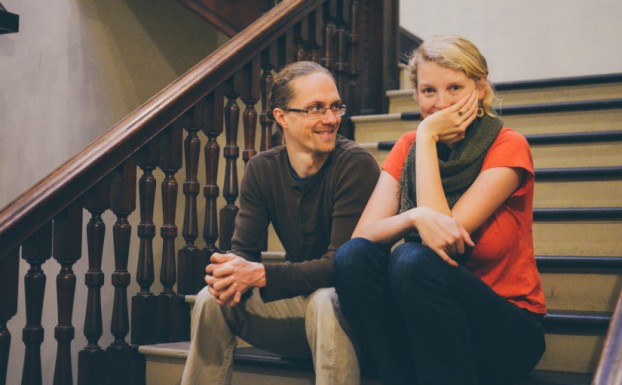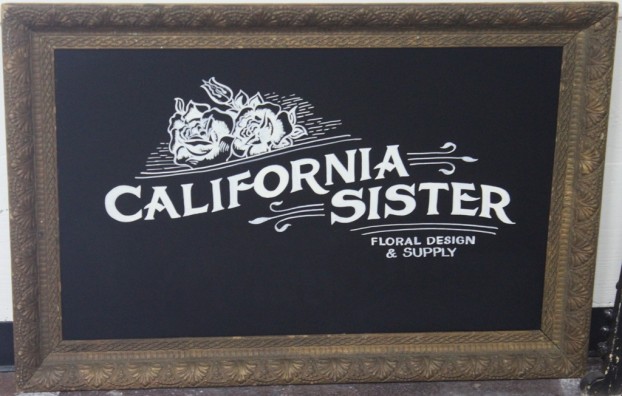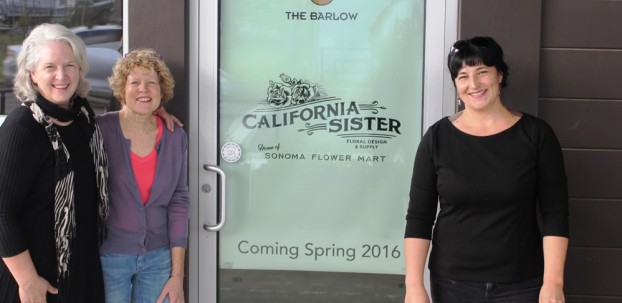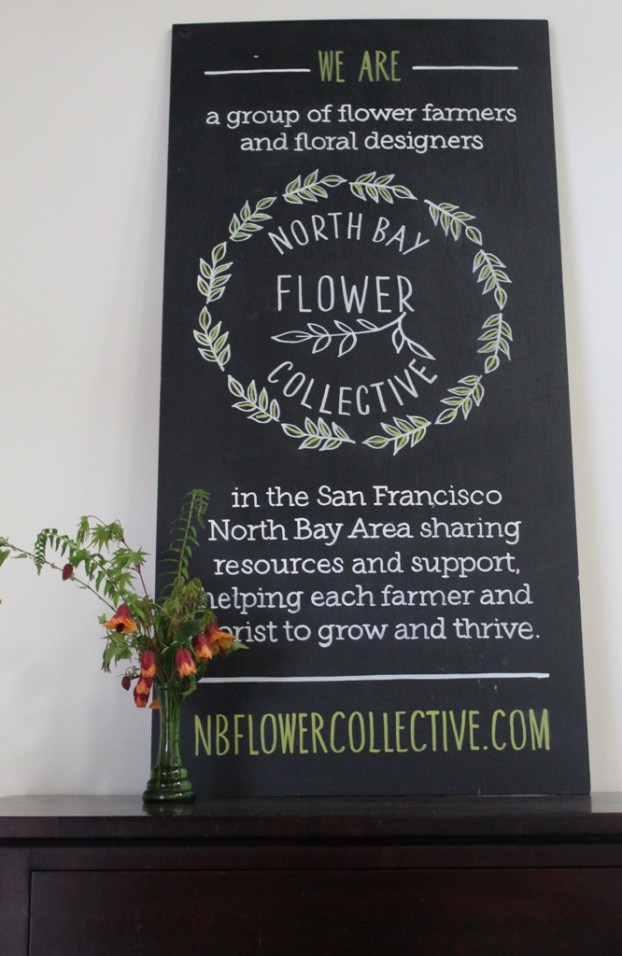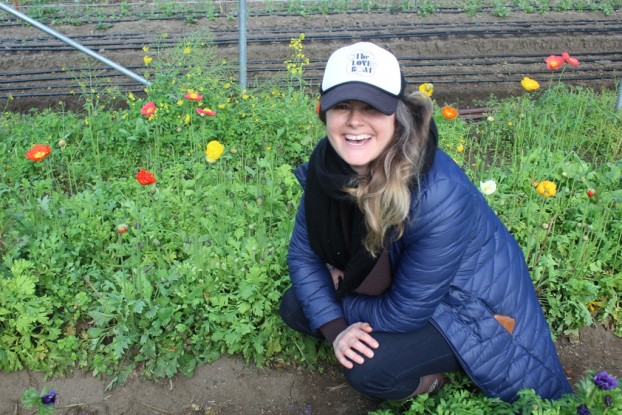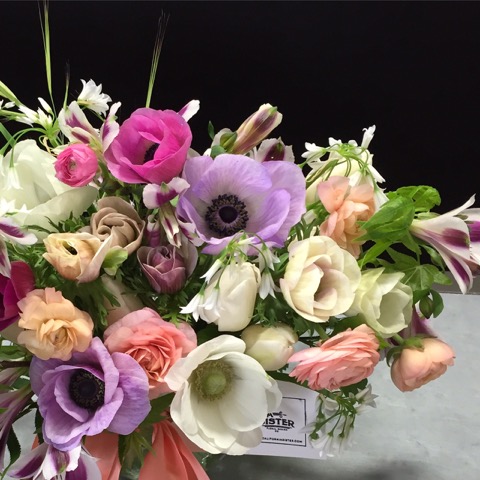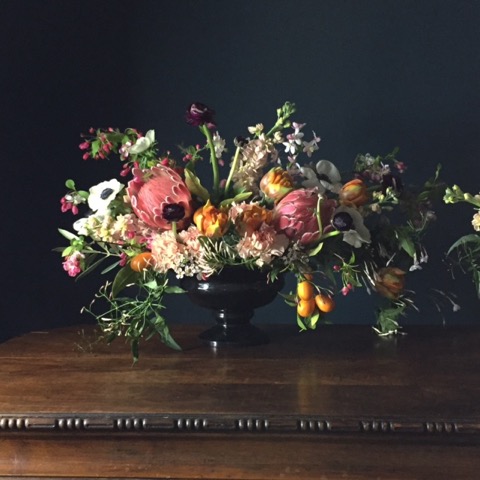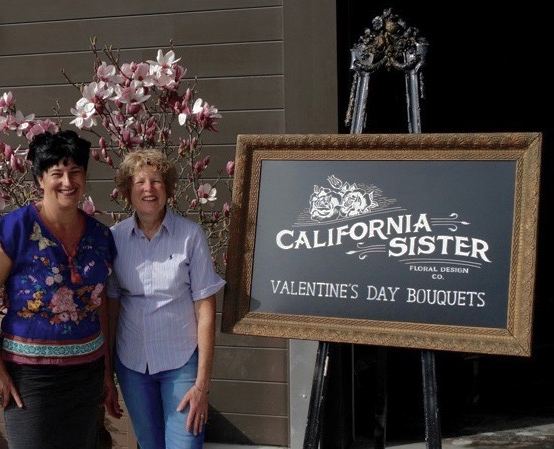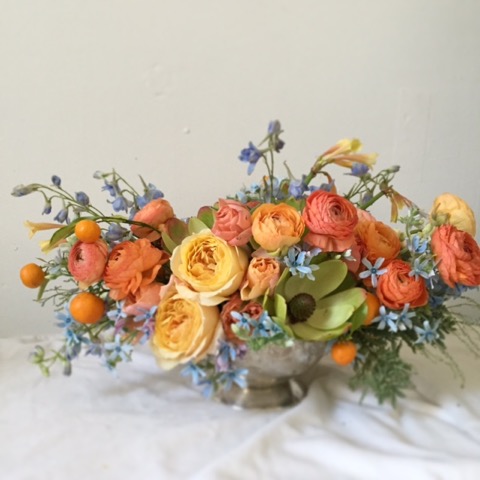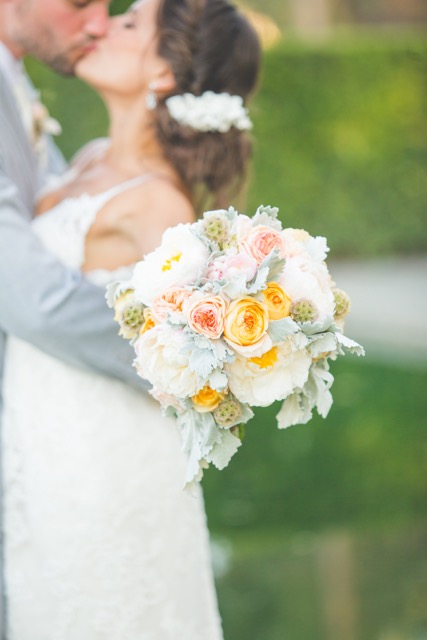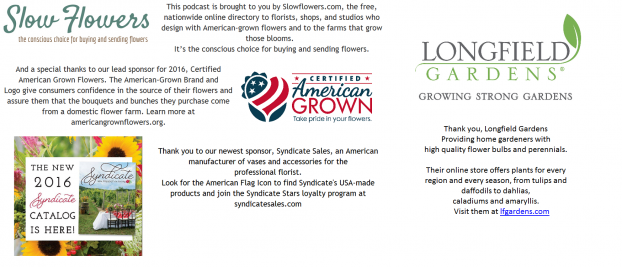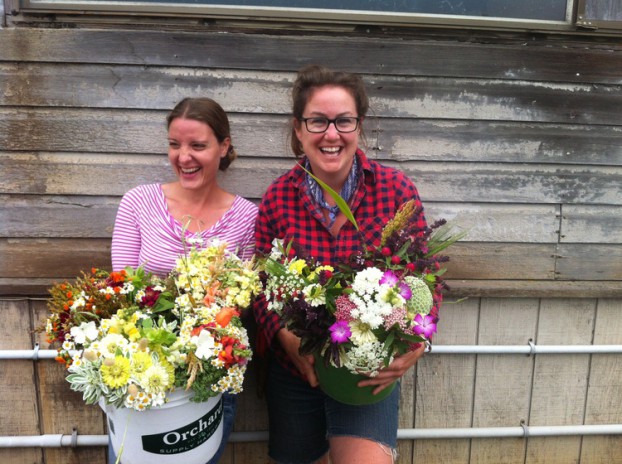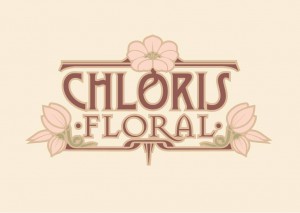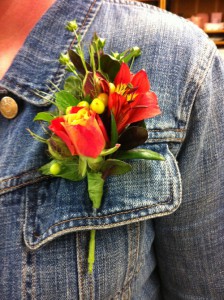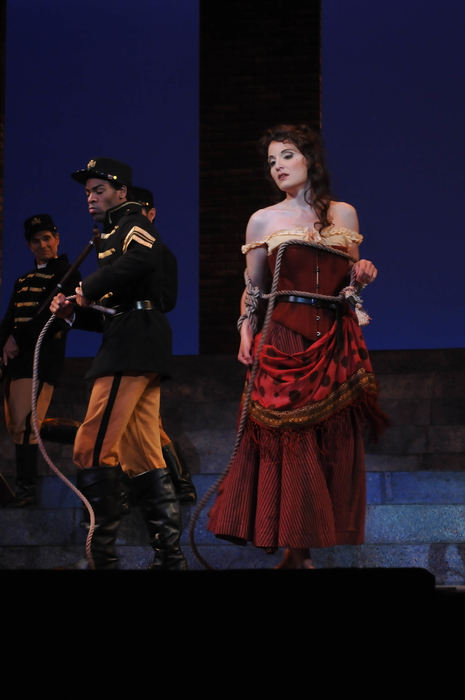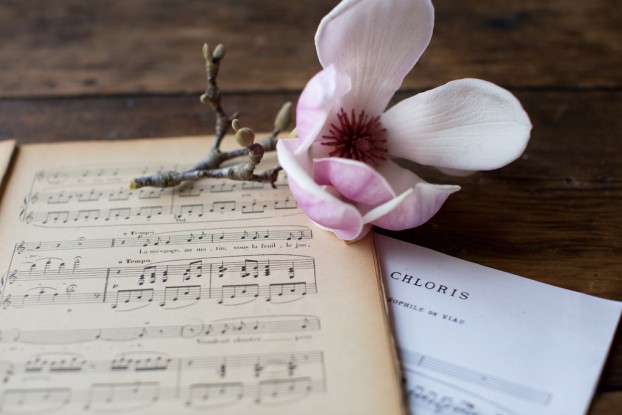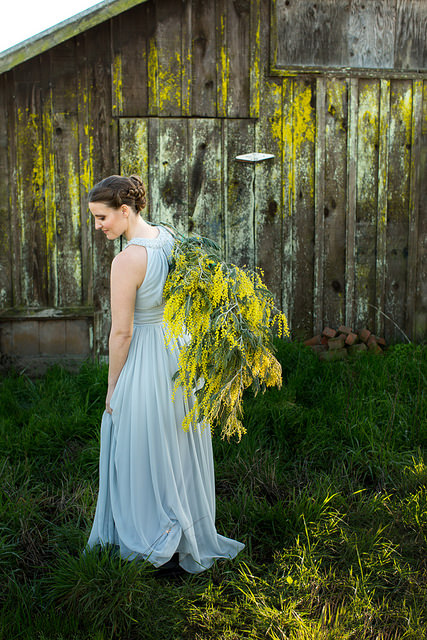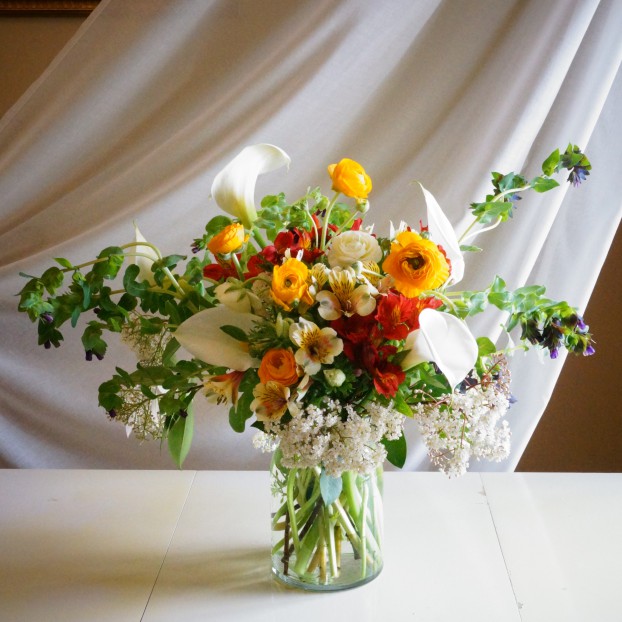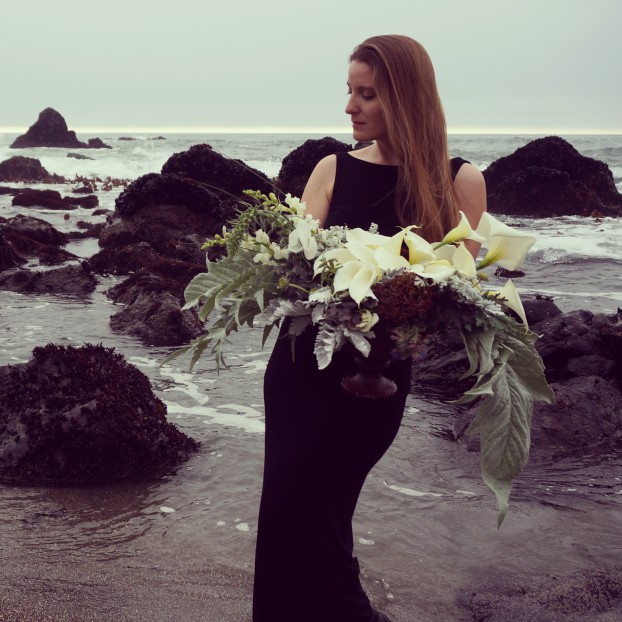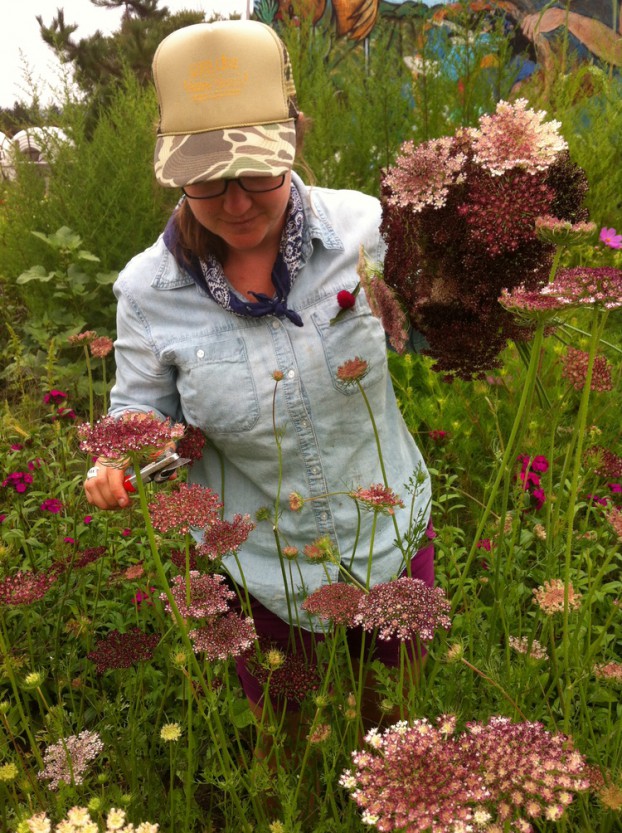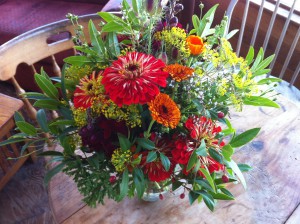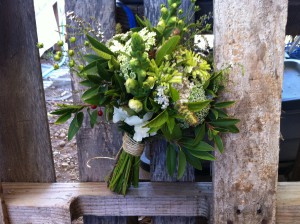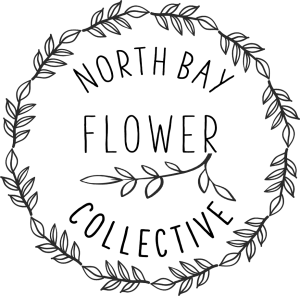Podcast: Play in new window | Download
Subscribe: Apple Podcasts | Podcast Index | RSS | More
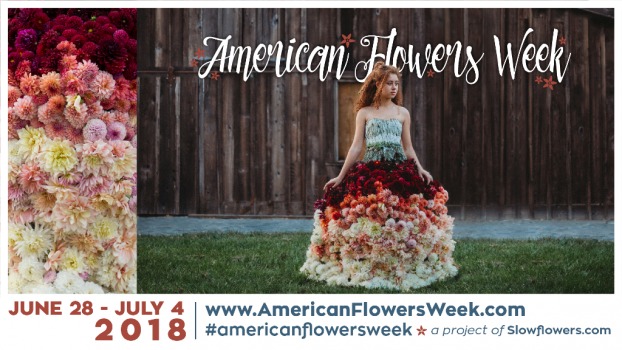
Hedda’s beautiful dahlia dress for American Flowers Week 2018, featuring foliages and herbs from her own Full Bloom Farm and 350 dahlias from Aztec Dahlias, where the dress was photographed last October.
I’ve invited Hedda Brorstrom of Full Bloom Flower Farm & Floral Design to return to the Slow Flowers Podcast as today’s guest for a number of reasons.
You may recall that she was part of my series on the North Bay Flower Collective community a few years ago when I interviewed Hedda along with Seth Chapin of Evermore Flowers and Daniele Strawn of JoLee Blooms, Episode 242.
That interview was primarily focused on the origins of the North Bay Flower Collective, of which Hedda is one of the founders.
Recently, Hedda joined the American Flowers Week campaign as a featured designer for this year’s floral fashion collection.
I want you to hear her story, learn more about how she became a farmer-florist in California’s Sonoma County, and her creative process designing a wearable fashion.
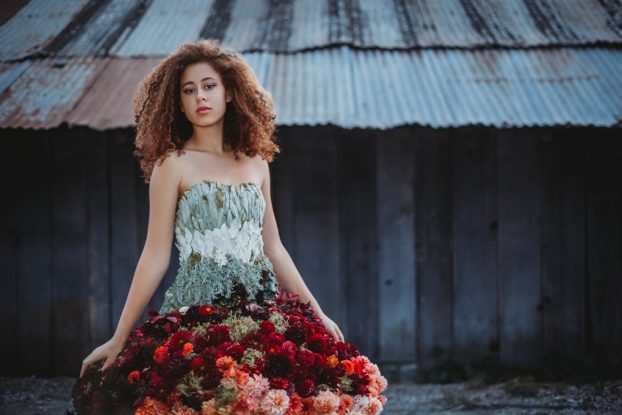
Model Sophia Lane wears Hedda’s dahlia dress to perfection, showcasing the flowers grown by Kate Rowe and Omar Duran of Aztec Dahlias (c) Becca Henry Photography.
As American Flowers Week kicks off soon, I want you to hear Hedda’s story as a flower farmer, environmental educator, floral designer and ecology activites, as we share the “big reveal” of the incredible Dahlia Dress that she designed last fall in collaboration with flower farmers Kate Rowe and Omar Duran of Aztec Dahlias.
As a way to raise awareness of flower farming and sustainable floral design, I started the floral fashion series with one amazing look in 2016 for American Flowers Week — a red-white-and-blue floral ‘fro from Susan McLeary of Passionflower.
That was followed by five wearable floral looks for the 2017 campaign and again, for 2018, five original floral wearable looks. You’ll hear from all the designers in the coming weeks, beginning today with Hedda.
Hedda shares this personal statement on her web site:
Farming started for me growing up on Wiggle Worm Bait Farm in Graton, Ca. My parents tended rich worm beds with the motto, “We like them fat and lively!” and I got to be a wild worm loving farm kid. One of my farm chores growing up was to create floral arrangements around the house. Little bud vases of daphne and violets sat above the kitchen sink in February, big vases of bearded iris and mock orange graced the bathroom in late Spring and bedside posies of rattle snake grass and yarrow made nights feel special through the summer. I bent willows into crowns, weeded my mom’s gardens, and munched on fresh green miners lettuce and asian pears from the neighbor’s farm. The puff ball viburnum and cabbage roses that I use in my floral crowns are from the same plants I used to have petal fights with as we waited for the school bus. It wasn’t until I was studying agroecology at UC Berkeley, however, that I realized Sonoma County is an agricultural gem and I was blessed to grow up a bit wild and plant loving.
After college I spent six years teaching gardening and ecology in the San Francisco school district and working as an environmental educator at the Academy of Sciences and Save the Bay. Wanting to dive deeper into growing I attended the UC Santa Cruz Ecological Horticulture program where my interest in flowers turned from a childhood memory into a full blown, full bloom obsession. I learned about variety selection, post harvest handing, and farm management. A love of art coupled with farming moved me into floral design making me a true farmer florist. The shape, texture and movement of each bloom allows me to paint with flowers like I never could on a canvas. The dirt and grit of cultivation and beauty of putting it all together is two jobs. Sometimes these jobs feel like being a chef who grows their own food, but who better to make a dish than the one who loved it from seed? In 2012 I could no longer contain my flower passion so I moved home to my wormy roots, to my childhood plants, and I started Full Bloom Flower Farm. After a year in production I enrolled in the wonderful California School of Herbal Studies where I gained my certificate in herbalism. In the plant world, learning is never-ending and I am happy to infuse plant magic into all the arrangements. Full Bloom is a mighty one acre flower farm providing endless beauty, medicine and life to the community. I am proud to be a farmer and a florist; it is my greatest joy to bring plant art to ceremonies and I hope to share my joy with others.
Hedda’s endless curiosity is inspiring and I loved having this time to catch up with her. She describes her aesthetic as “flower-full,” perhaps the inspiration for her business name, Full Bloom. I know you’ll enjoy her story, too.
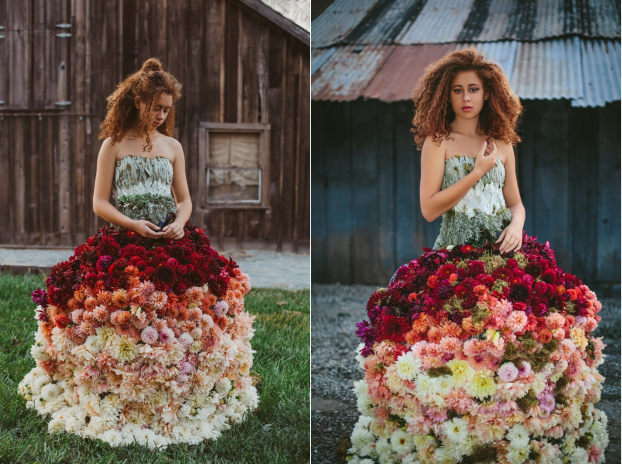
Two more gorgeous views of Sophia Lane wearing the dahlia dress to celebrate American Flowers Week 2018 (c) Becca Henry Photograpy.
Thank you so much for joining me today. I know seeing the dahlia dress that Hedda designed and made for American Flowers week will inspire you and get your creative juices flowing. Who knows? Maybe you’ll dream up a wearable look of your own — and I hope you share it with me when you do! Use the hashtag #americanflowersweek when you post.
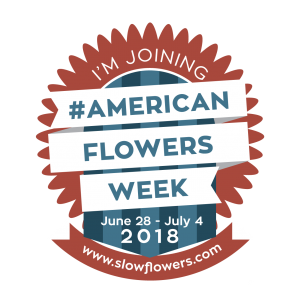 To help you further, I’ve recently written “9 Ways to Participate in American Flowers Week” — a guide to the many ways you can jump onboard this campaign — from simple and low-cost to ambitious and expansive. I hope you’re inspired by what others have done in the past few years.
To help you further, I’ve recently written “9 Ways to Participate in American Flowers Week” — a guide to the many ways you can jump onboard this campaign — from simple and low-cost to ambitious and expansive. I hope you’re inspired by what others have done in the past few years.
In addition to gearing up to celebrate American Flowers Week, it’s also time to grab your ticket to the Slow Flowers Summit. The second annual Slow Flowers Summit is again set to take place in the heart of American Flowers Week – and we are getting close to finalizing all the details.
Please grab your ticket now to join us — you’ll be helping me tremendously by committing now so that my event manager Karen Thornton and I can make sure everything’s ready for a successful event. You can find all the details at Slowflowerssummit.com.
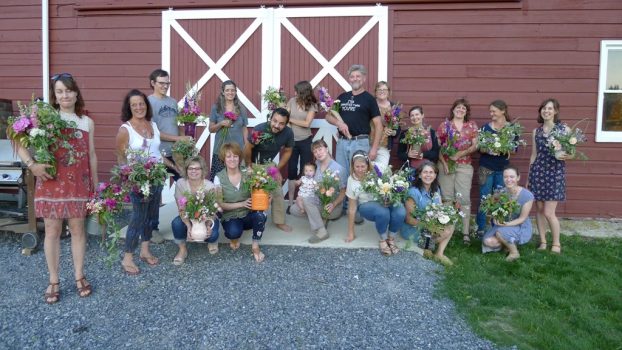
When farmers and florists coming together, everyone benefits! This is a gathering of the Hudson Valley Flower Growers Network during American Flowers Week 2017.
I am grateful to all our entire community of flower farmers and floral designers who together define the Slow Flowers Movement. As our cause gains more supporters and more passionate participants who believe in the importance of the American cut flower industry, the momentum is contagious. I know you feel it, too. I value your support and invite you to show your thanks and with a donation to support my ongoing advocacy, education and outreach activities. You can find the donate button at debraprinzing.com in the right column.
The Slow Flowers Podcast has been downloaded more than 320,000 times by listeners like you. Thank you from the bottom of my heart for listening, commenting, liking and sharing! It means so much.
Thank you to our sponsors who have supported Slow Flowers and all of our programs.
Florists’ Review magazine. I’m delighted to serve as Contributing Editor for Slow Flowers Journal, found in the pages of Florists’ Review. It’s the leading trade magazine in the floral industry and the only independent periodical for the retail, wholesale and supplier market. Take advantage of the special offer for a free trial issue
Arctic Alaska Peonies, a cooperative of passionate family farms in the heart of Alaska providing bigger, better peony flowers during the months of July and August. Visit them today at arcticalaskapeonies.com
Seattle Wholesale Growers Market, a farmer-owned cooperative committed to providing the very best the Pacific Northwest has to offer in cut flowers, foliage and plants. The Growers Market’s mission is to foster a vibrant marketplace that sustains local flower farms and provides top-quality products and service to the local floral industry. Find them at seattlewholesalegrowersmarket.com
Longfield Gardens provides home gardeners with high quality flower bulbs and perennials. Their online store offers plants for every region and every season, from tulips and daffodils to dahlias, caladiums and amaryllis. Visit them at longfield-gardens.com.
Syndicate Sales, an American manufacturer of vases and accessories for the professional florist. Look for the American Flag Icon to find Syndicate’s USA-made products and join the Syndicate Stars loyalty program at syndicatesales.com.
Johnny’s Selected Seeds, an employee-owned company that provides our industry the best flower, herb and vegetable seeds — supplied to farms large and small and even backyard cutting gardens like mine. Check them out at johnnysseeds.com.
Association of Specialty Cut Flower Growers. Formed in 1988, ASCFG was created to educate, unite, and support commercial cut flower growers. It mission is to help growers produce high-quality floral material, and to foster and promote the local availability of that product. Learn more at ascfg.org
Mayesh Wholesale Florist. Family-owned since 1978, Mayesh is the premier wedding and event supplier in the U.S. and we’re thrilled to partner with Mayesh to promote local and domestic flowers, which they source from farms large and small around the U.S. Learn more at mayesh.com.
Certified American Grown Flowers. The Certified American-Grown program and label provide a guarantee for designers and consumers on the source of their flowers. Take pride in your flowers and buy with confidence, ask for Certified American Grown Flowers. To learn more visit americangrownflowers.org.
I’m Debra Prinzing, host and producer of the Slow Flowers Podcast. Next week, you’re invited to join me in putting more American grown flowers on the table, one vase at a time. And If you like what you hear, please consider logging onto Itunes and posting a listener review.
The content and opinions expressed here are either mine alone or those of my guests alone, independent of any podcast sponsor or other person, company or organization.
The Slow Flowers Podcast is engineered and edited by Andrew Brenlan. Learn more about his work at soundbodymovement.com.









